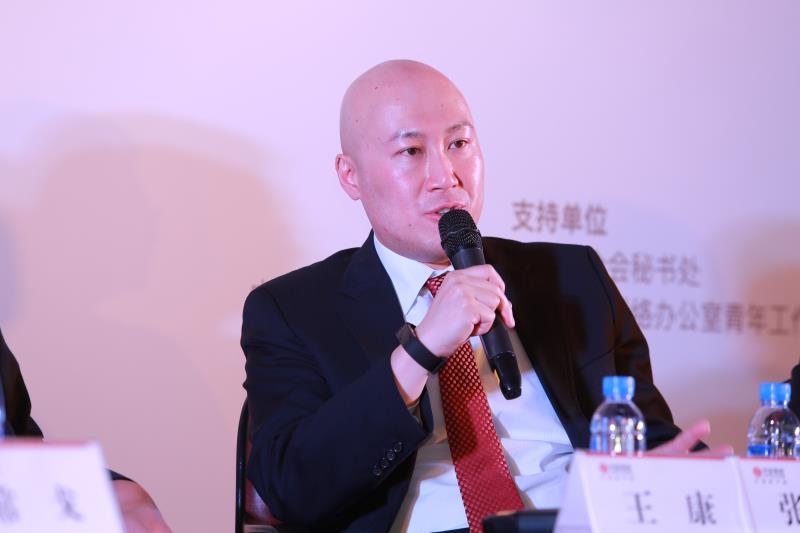HK students positive about mainland employment prospects


More Hong Kong students are expressing positivity about job prospects on the Chinese mainland, after years of experiencing the great opportunities from the rapid development of financial technologies and e-commerce.
According to a survey by Hong Kong United Youth Association in May, over 80 percent of 465 university students from the Hong Kong Special Administrative Region said they are willing to work in the mainland.
Of those surveyed, more than 90 percent are optimistic about the mainland's future economic development. About 75 percent cited job opportunities as pivotal in their considerations.
"Hong Kong's financial service sector will benefit as the mainland is stepping into a high-quality development path, and the upcoming Guangdong-Hong Kong-Macao Greater Bay Area plan will be a great opportunity," said Paul Chan Mo-po, financial secretary of Hong Kong, adding that more Hong Kong youngsters should take a part in that development.
"It is the future trend that both sides embrace more cooperation and learn from their experiences," said Shannon Cheung (pictured), founder, president and CEO of Fin Society. The Hong Kong-based association aims to promote communication by initiating trainee programs for both Hong Kong and mainland students.
"More than half of the students we interviewed showed interest in going to the mainland after our trainee program," Cheung said in an interview at a recent forum. "But several years ago the number was zero."
Established four years ago, the Fin Society offers internship opportunities at major financial institutions and tech companies on the mainland, such as CITIC Group Corp, China International Capital Corp Ltd and Ant Financial Service Group.
This year, the number of participants surged to nearly 200 students, up 67 percent from last year and 641 percent from 2015, the first year of the trainee program took place.
The two-month program started in June, with participants heading to Beijing, Shanghai and Shenzhen in Guangdong province. In Beijing, interns are invited to visit artificial intelligence company Face++ and the Asian Infrastructure Investment Bank.
"A lot of them were interested in interning in fintech companies such as Ant Financial," said Cheung.
Joyce Leung, a freshman from Hong Kong University of Science and Technology, started an internship at Ant Financial this summer. She said it was an interesting experience to use QR code and face scanning for daily payments, as people in Hong Kong are more used to card payments.
Although Hong Kong has one of the highest mobile phone use rates, at 248 percent according to an HSBC survey, businesses have been slow to digitalize. About three-fourths of local companies they surveyed recognized the benefits, but only 28 percent had plans for digital adaptation.
Cheung said that the country's upcoming development plan for the Guangdong-Hong Kong-Macao Greater Bay Area will be an opportunity for Hong Kong youngsters pursuing their career.
Cities such as Zhuhai in Guangdong have started to offer Hong Kong residents similar facilities like mainland residents for housing, education and healthcare. A total of 50 policies were issued to benefit professionals from Hong Kong working on the mainland, according to Xinhua News Agency.




































